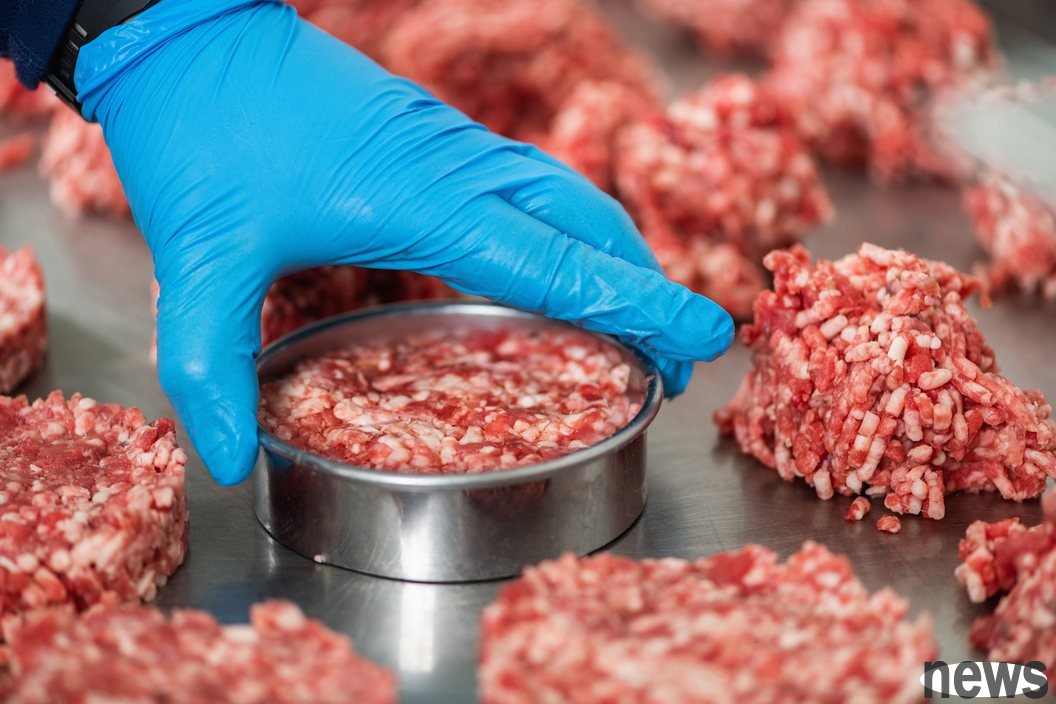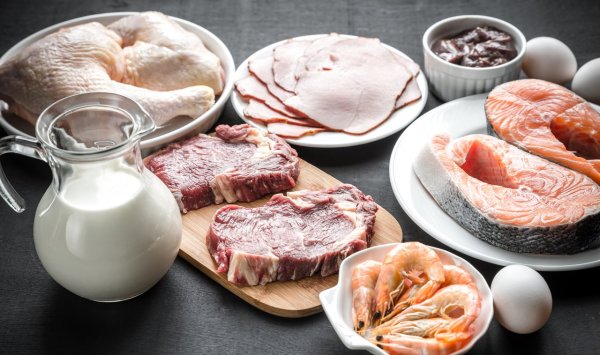Which of the super processed foods you need to avoid most, are exquisite grains, processed meats and sugary drinks? 30 years of research and answers in the United States

Several studies have pointed out that highly processed foods are linked to various health conditions, such as cancer and cardiac diseases. Some scientists have also suggested that eating ultra-processed foods may be related to the occurrence of dementia. But will eating a large amount of super-processed food really lead to premature death?
A 30-year study published in The British Medical Journal shows that eating ultra-processed foods is related to early death risks, but different foods have different effects.
In this study, the researchers analyzed data from more than 100,000 health professionals in the United States who have no history of cancer, cardiovascular disease, or diabetes. Participants provide information about their health and living habits every two years, and they complete a detailed food survey questionnaire every four years.
Researchers found that large amounts of ultra-processed foods could increase the risk of premature death. In addition, the correlation between hyperprocessed food intake and death varies from specific food categories, with ready-to-eat products based on meat, poultry and seafood, sugar-added and artificial sweetener drinks, dairy desserts and hyperprocessed breakfast foods having stronger correlations with mortality results.
However, researchers also added that after considering the overall quality of drink food, this connection is less obvious, indicating that the impact of drink food quality on long-term health is greater than that of eating super-processed foods. In addition, this is an observational study, so it is impossible to obtain an exact causal relationship.
Are all super processed foods healthy?Super processed foods include packaged baked goods and centrifuges, carbonated beverages, sugar-containing grains, and ready-to-eat or hot-eat products. They usually contain pigments, emulsifiers, fragrances and other additives, usually high in heat, added sugar, fat and salt, but lack vitamins and fibers.
The study's lead author, Dr. Mingyang Song, associate professor of clinical epidemiology and nutrition at Harvard University's School of Public Health, told CNN that it is not necessary to completely reject all super-processed foods because it is a diverse category.
Song notes that, for example, fine grains and whole wheat bread, they are also considered super processed foods, but they contain various beneficial nutrients, such as fibers, vitamins and minerals. But he also suggested that people should avoid or limit the consumption of certain superprocessed foods, such as processed meats, sugary drinks and possibly artificial sweetener drinks.
Song said that the most important factor in reducing the risk of death is the overall quality of a person's drink. If people maintain a healthy diet overall, they don’t need to be scared or stunned by eating super processed foods. In other words, overall diet patterns remain the main factor in determining health outcomes.
Why are grains and breads super processed foods?Under the "NOVA food classification", breakfast meats and daily necessities such as mass production or packaging bread can be regarded as super processed foods because they often add additional ingredients such as emulsifiers, sweeteners, artificial colors and flavors during the production process.
Although this type of food can be part of a healthy diet, it is listed as super-processed foods with lower nutritional value, which is one of the reasons why NOVA food classification methods are criticized.
NOVA's food classification divides food and beverages into four levels according to processability, degree and purpose:
(1) Unprocessed or minimally processed foods, such as meat, eggs, drink water, vegetables and fruits.(2) The cooking ingredients processed, including oil, salt, and sugar, are processed to combine vegetables with (1).
(3) Processed foods, such as vegetable cans, fish cans and fruit cans, are usually composed of (1)+(2) combinations (3).
(4) Super processed food, including a variety of sugar-containing beverages and carbonated beverages, packaging and dry bakes, processed meat and fish steaks, supermarket-conventioned packaging, noodles, cold noodles (such as sauerks, buns, etc.), microwave ready-to-eat food (i.e. noodles, fried rice, etc.).




